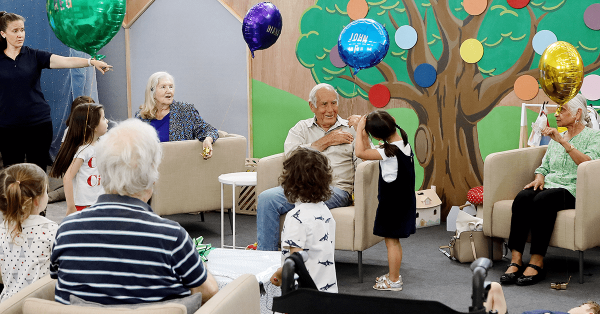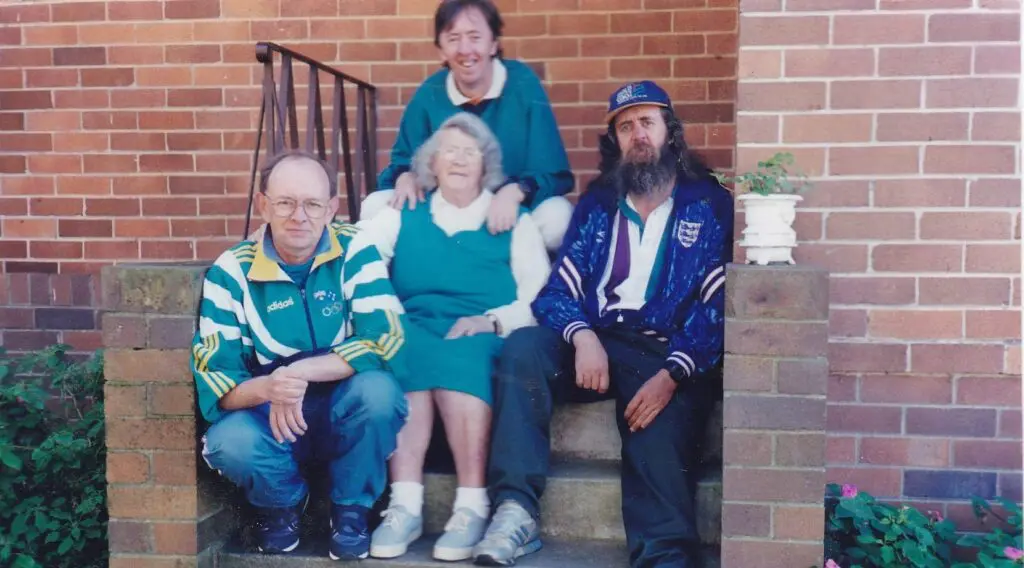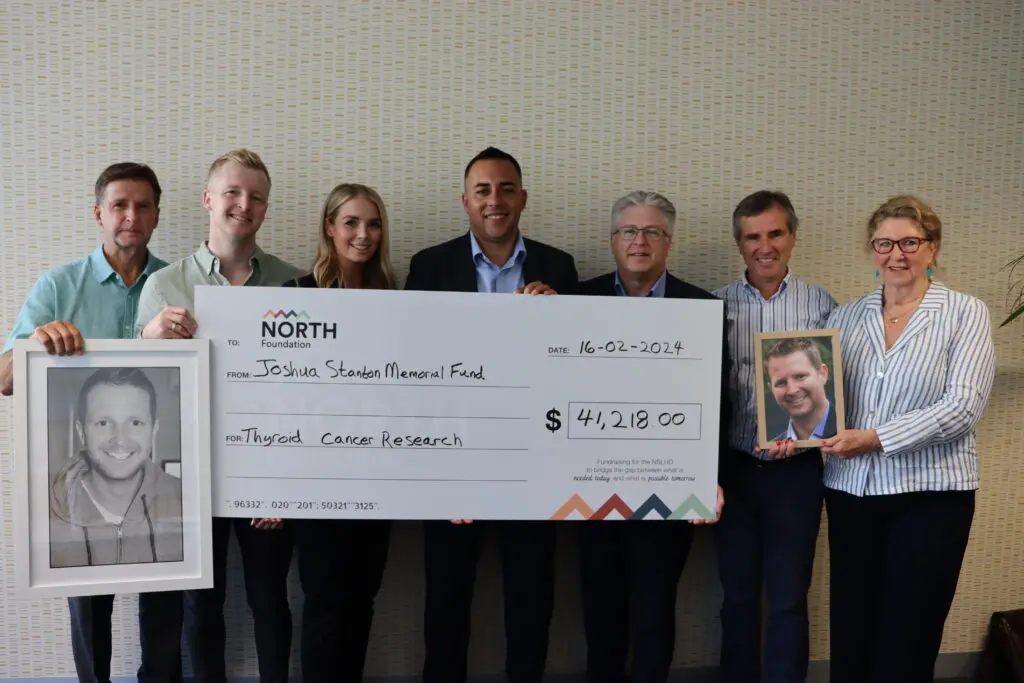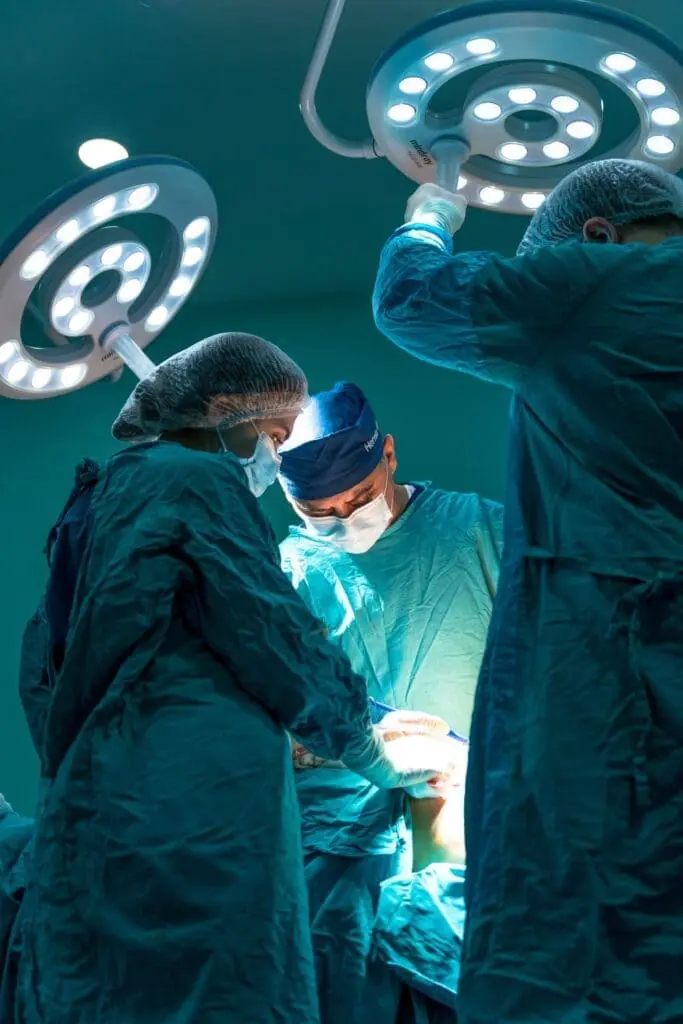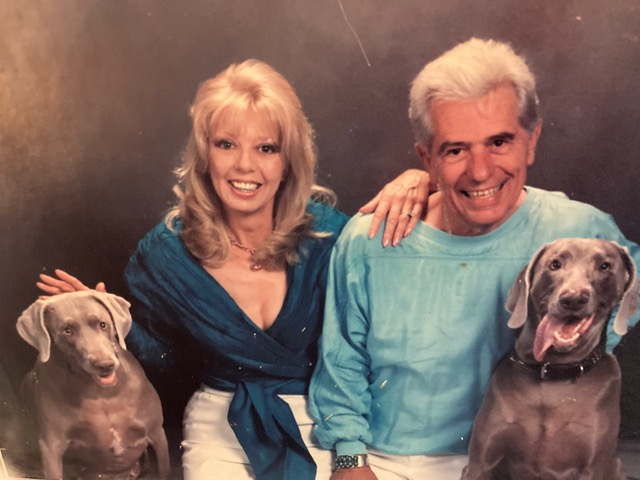
On December 3, 1997, Christine Drake’s life changed forever. While out shopping, she received a call from her mother saying that her husband Lee had been in a serious accident and was at Hornsby Hospital. When Christine arrived, Lee was unconscious. The scans showed severe bleeding and she feared the worst.
“I remember seeing the scans and thinking, ‘He’s not going to survive this,’” Christine recalls. “It was the most terrifying moment of my life.”
After six hours of waiting, Lee was transferred to Royal North Shore Hospital for late-night surgery. The following months were a gruelling journey for both Christine and Lee. Lee remained in the Intensive Care Unit (ICU) for two months, during which Christine rarely left his side. She initially slept outside the ICU, then in her car for six weeks before being offered nearby accommodation – a small relief in an otherwise overwhelming time.
“I spent weeks sleeping in my car, not knowing what the next day would bring,” Christine says. “When I finally got a room nearby, it felt like a lifeline in the middle of chaos.”
Lee’s condition was precarious. He contracted MRSA and septicemia and lost almost 20 kilos. Yet when he was finally discharged, Christine was given no guidance on how to care for him at home beyond being told not to let him make financial decisions.
“When we got home, I felt like we’d been left to fend for ourselves,” Christine says. “I had no idea what to do or where to start – no one told me what equipment I’d need or how to care for him.”
What followed was a steep learning curve. Without adequate information or support, Christine pieced together a care routine on her own. She hired a physiotherapist, occupational therapist and speech pathologist who visited several times a week. They provided invaluable help but Christine still faced many challenges.
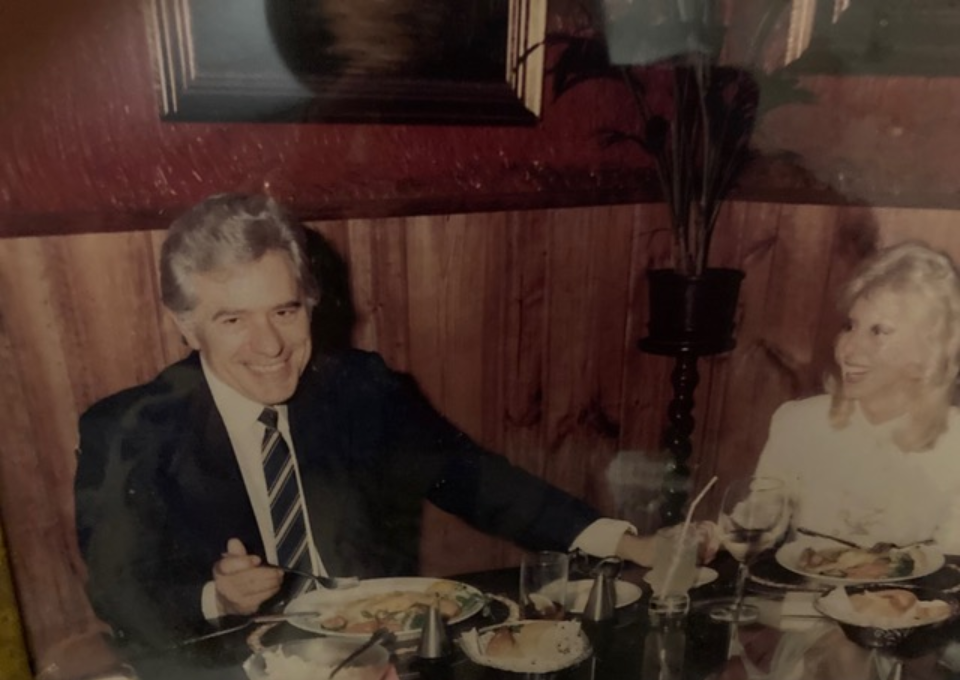
The emotional toll on both Lee and Christine was immense. Lee, grappling with the effects of his brain injury, experienced confusion, anger, and depression. He would demand to go shopping in the middle of the night, struggle with seizures, and even attempt to harm himself. The weight of his loss – of independence, driving and the life he once knew – was crushing.
“Watching Lee lose hope was heartbreaking,” Christine recalls. “He once asked our local vet if he had a gun because he couldn’t bear to go on living. It’s a moment that will stay with me forever.”
Lee was a remarkable man, known for his warmth, generosity, and kindness. Before his accident, he was full of life, with an infectious sense of humour that brought joy to everyone around him. Lee was deeply loved by Christine, his family and his friends, who admired his quiet strength and the genuine care he showed for others. His presence was a source of comfort and happiness and he left a lasting impact on everyone fortunate enough to know him.
Christine’s experience almost 30 years ago, taught her how critical it is for patients and carers to have access to proper resources and support. Her decision to leave a bequest to the NORTH Foundation is driven by her desire to ensure no other family has to endure what hers did.
“I loved my husband Lee with all my heart. In his honour, I want to leave a gift that will help thousands of patients living with acquired brain injury and support the loved ones who walk beside them every step of the way.”
Christine’s dream is to establish a support program and services at Hornsby Ku-ring-gai Hospital for patients experiencing acquired brain injury and their carers. The focus would be to provide patient-centred care and would be a place of hope, encouragement, and compassion. Such a program would offer comprehensive care for patients and equip carers with the knowledge, tools, and resources needed to provide effective care at home. By supporting the NORTH Foundation, Christine hopes to create a future where families facing acquired brain injuries have the hope they need to thrive.
You can make an enquiry about leaving a legacy in your Will here, or contact the NORTH Foundation at or on (02) 9436 0162.
